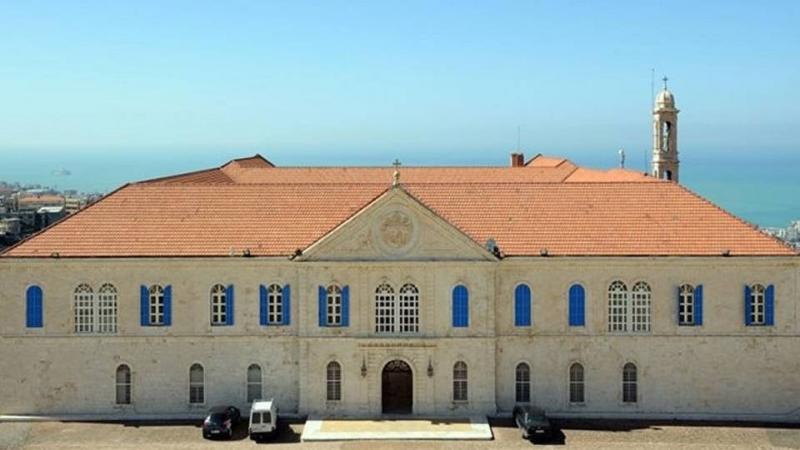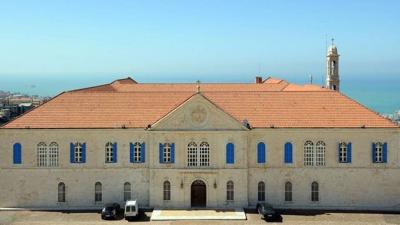With two weeks left until the official start of the constitutional period for electing a new president of the republic, discussions about forming a government have been withdrawn from circulation, and all political forces have accepted the impossibility of completing this file. The interim government has been left to manage limited tasks to govern the country and its people. While political disagreements have undermined any possibility of forming a new government at a time when Lebanon needs a fully functional government capable of addressing internal issues and facing external challenges, the presidential election is not faring any better. The disagreements surrounding this issue are even larger and deeper, exacerbated by regional and international indifference to the Lebanese reality. Developments in the region have placed Lebanon at the bottom of the priority list for decision-makers in countries that traditionally intervene directly in major milestones, especially presidential elections.
Informed sources about the intricacies of political matters in Lebanon suggest that the political struggle will intensify in the coming days, and the internal arena is heading towards political alignments dictated by necessity. There is a clear indication of the political distancing regarding various issues, with the presidential election being part of this. One of the political figures whose name is among those discussed for the presidency advised one of her visitors to travel abroad with his family if possible, indicating with some certainty that a president cannot be elected during the specified constitutional period. Additionally, he stated that if the election is left solely to the Lebanese people, there would be no president for a long time, as the internal horizon is entirely closed. The only glimmer of hope for achieving this electoral milestone would be some kind of settlement in the region, which might bring Lebanese issues back to the international attention. Otherwise, we will remain in a whirlpool, with the presidential vacuum persisting in Baabda Palace for an extended period.
This statement from the political figure confirms without a doubt that the ongoing political conflict, particularly on the Christian scene regarding the identity and specifications of the next president, is not easy to address or limit. Each faction considers itself qualified to bring the new president to Baabda, without regard for the difficult economic and living conditions that can no longer tolerate any kind of political squabbling or indulgence.
Sources following this situation reveal that some politicians have consulted Bkirki about the possibility of Patriarch Rai playing a role that could ease the current tensions in the Christian arena. However, these individuals did not receive clear responses from the patriarch, who reaffirmed his position calling for avoiding a vacuum and progressing toward electing a president within the constitutional period. He emphasized that bypassing this matter would mean crossing red lines, which Bkirki will not accept.
Close associates of Patriarch Rai confirm that gathering Christian leaders and parties in Bkirki, as occurred in past phases, is not at all on the table, contrary to what has been written or said in the media. Such an invitation, if it does not yield an agreement on the issues presented, would weaken Bkirki's role, which the patriarch rejects. Thus, he prefers to meet with these political and party leaders individually.
These associates explained that if any meeting occurs in Bkirki or elsewhere among these Christian leaders, there are no indicators suggesting that it would yield an agreement on a work program or a single candidate for the presidency. The reason for this is that the disagreements among them are very significant, as each one belongs to different regional and international axes.
They pointed out that the patriarch's role during this period will be limited to urging everyone to respect constitutional obligations, particularly the election of a president, and preventing matters from drifting outside the constitutional framework. This is an attempt to create an atmosphere conducive to agreeing upon a strong candidate endorsed by all. They stressed that what concerns Bkirki the most is that the information available indicates that the strongest candidate for the presidency is the vacuum, which is increasingly likely due to the current political fragmentation in Lebanon, especially at the Christian level. There are concerns that the presidential vacuum could lead to federalism.
These individuals believe that none of the forces present on the Lebanese scene has a clear answer regarding the upcoming phase or whether we are heading towards war or peace, or towards an agreement or no agreement. This uncertainty is attributed to the current international confusion resulting from the Russian-Ukrainian war and its related food and fuel crises, compounded by the midterm elections in the United States. All these combined issues do not encourage expectations for quick solutions to the crises in Lebanon.




